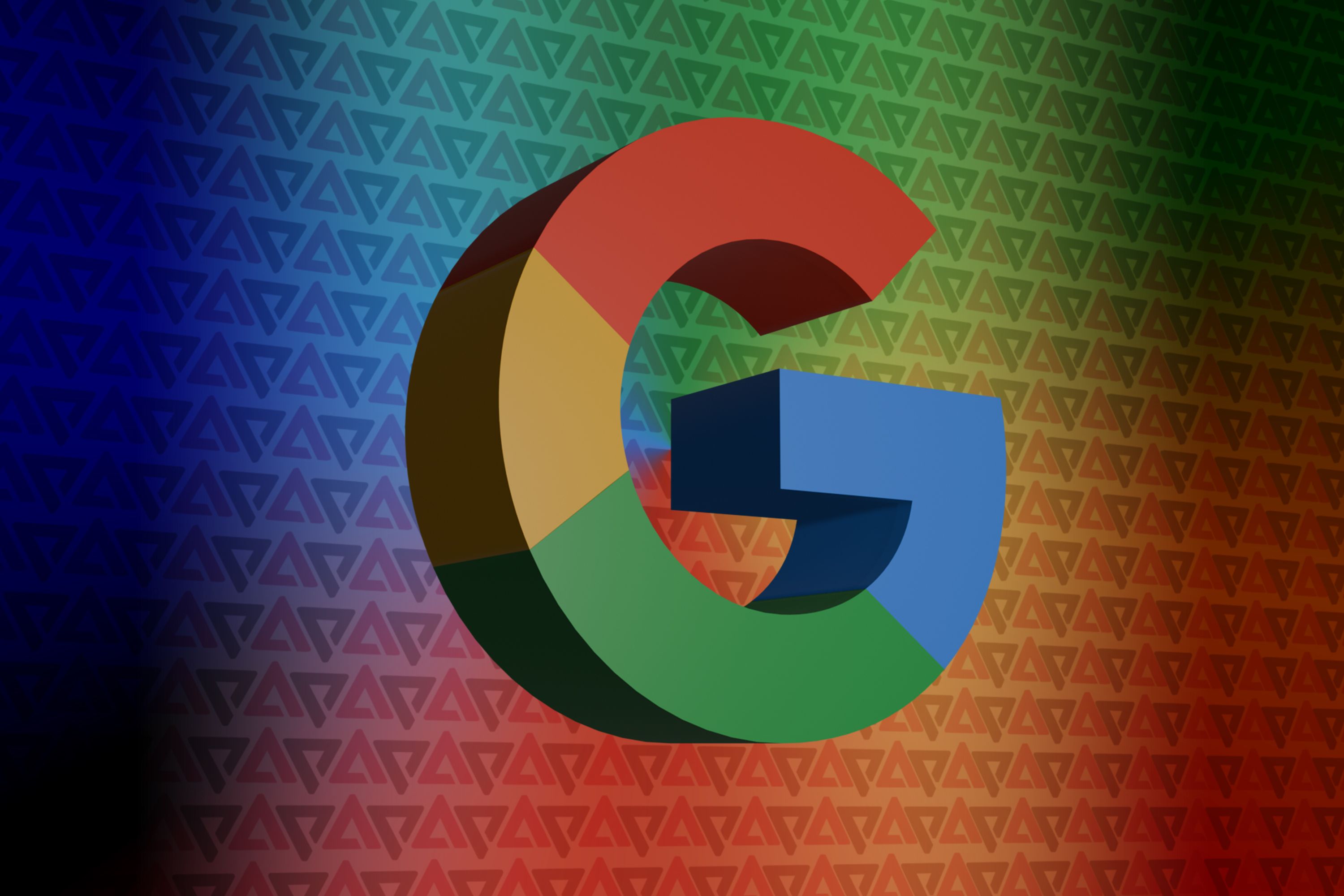Summary
- The European Commission unveiled the steps Apple needs to take towards interoperability for compliance with the Digital Markets Act.
- The requirements include opening nine Apple-only features to all platforms and providing third-party developers with effective tools.
- Apple has deadlines to meet and isn’t in trouble yet, but huge penalties could arise if it fails to meet expectations.
Proposed in 2020, the European Union’s Digital Market Act reached full implementation a year ago, aiming to rein in six designated gatekeepers that boast outsize market control compared to the field. The European Commission wasted little time launching investigations into questionable practices by the world’s biggest tech companies.
But the wheels of justice grind slowly. After a year of work, the EC has decided Apple needs to make some of its best features available to third-party devices and developers to avoid punishment (via Associated Press). The world leader in smartphone loyalty isn’t happy with the results, but both Apple and Android users stand to benefit in the long run.
Google facing EU fines
Google’s changes to Search and the Play Store still fall short for the EU
The tech giant is in hot water again
How the EU told Apple it needs to share its toys
Somewhere, Ronald Reagan yells, ‘Mr. Cook, tear down this wall!’
The EC began dual proceedings began in September 2024 to determine how Apple can maintain the beloved iOS experience without abusing its role of digital market gatekeeper by locking third parties out of its devices and software. The two new specification decisions address how Apple must provide users with certain features and developers with an effective partnership, respectively.
These guidelines specify what Apple must do to reach compliance. It isn’t in trouble yet. As the first explicit set of demands, the EC decisions serve to push Apple toward compliance and ultimately avoid financial penalties or other sanctions.
Interoperability for an enhanced user experience
One decision, DMA.100203, outlines how Apple needs to rework nine specific software and connectivity features, so all smartphone and tablet platforms can potentially take advantage of them. According to its findings, opening these aspects to third parties supports future innovation that’s been held back by Apple’s near-complete lack of interoperability:
- iOS notifications: Third-party devices such as smartwatches must have the same notification functionality as in-house devices like the Apple Watch.
- Background execution: Apple must allow third-party software to run in the background, like its own products’ software can, to prevent feature interruption and failure.
- Automatic Audio Switching: Apple devices will need to communicate with third-party Bluetooth multipoint-connected headphones — not just Apple headphones — which active audio stream is most important, like when a call comes in while listening to music.
- High-bandwidth peer-to-peer Wi-Fi connections: Currently, iPhones can only form ad hoc networks (like Android-supported Wi-Fi Direct connections) with other Apple devices
- AirDrop: Both iPhone and Android phone users have begged Apple to unlock this popular feature for a long time. Now, it will have to.
- AirPlay: Apple must allow non-iOS devices to share and accept the sharing of media from Apple audio products, and provide solutions for non-Apple devices to stream to and from iOS devices.
- Software media casting capabilities: Previously, developers who wanted to build their own iOS alternative to AirPlay were out of luck, as the required hardware and software access was granted only to Apple’s built-in casting feature. Now, Apple will need to grant competitors that access, too.
- Proximity-triggered Bluetooth pairing: Set your new AirPods right next to your iPhone, and they’ll pair automatically. There’s no meaningful reason third-party accessories shouldn’t do the same. The EC now insists Apple allow them to.
- Automatic Wi-Fi connection: An iPhone can seamlessly share its Wi-Fi credentials with other Apple products it’s connected to, for fast, automatic Wi-Fi connections across all your devices. The iPhone will ultimately need to share those credentials with other platforms’ devices.
- NFC in Reader/Writer mode: Apple has to unlock the Near Field Communication feature that lets users transfer payment credentials to gadgets like smart rings and smartwatches.
Another pro-user EU decision
How an EU court striking down Apple’s geo-blocking could affect the Play Store
Will Google need to make changes?
Supporting developers for effective Apple feature implementation
According to the other specification, DMA.100204, Apple must ensure consistent, complete communication with developers by providing the following:
- Clear, complete information on software underpinnings
- Support for developers interested in interoperability
- Regular communication updates and feedback on developer requests
- Explanations of rejected developer requests
- A “fair and impartial” system for addressing technical disagreements between developers and the company
- Effective, well-maintained, future-proof tools for any developer
- Pre-determined timelines for responding to developer interoperability requests
- Transparent reporting on the status of requests, for both devs and the public
How long until everybody gets new features?
And what happens if Apple misses deadlines?
After years of the DMA winding up and a year of slow leaks and mere recommendations, the EC’s decision is legally binding this time around. The specifications mandate a one-month baseline period for Apple to comply. However, many major points have individual deadlines, which you can find in the commission’s extensive FAQ. If Apple fails to comply on time or at all, it may enter into non-compliance. Only then will the non-compliance hearing begin, at which point we’ll see discussion begin on potential fines.
The phone-cum-lifestyle manufacturer predictably disagreed with the demands, calling them “red tape” and vowing to “help [the EC] understand our concerns on behalf of our users.” Rather than encourage innovation and premium experiences, Apple claims the requirements hurt its “ability to innovate for users in Europe and [force] us to give away our new features for free to companies who don’t have to play by the same rules.”
Related
Here’s how Google will comply with the DMA when it goes into effect in March
The EU is forcing Google to unlink its services if you want it to
A complicated, boring, and important process looms
While Apple worries about its bottom line, users likely stand to benefit from the requirements. Imagine using your Galaxy Watch Ultra with an iPhone, or — sit down for this one — getting full Apple Watch functionality alongside a Pixel 9 Pro. The possibilities are promising, which can only be good for Apple’s public image.
Finally, keep in mind that Google’s lack of sufficient fixes a year after its own EC demands led to an actual non-compliance investigation. With the Big G’s potential non-compliance fine threatening to reach 10% of its global yearly revenue, Apple should probably get to work.




